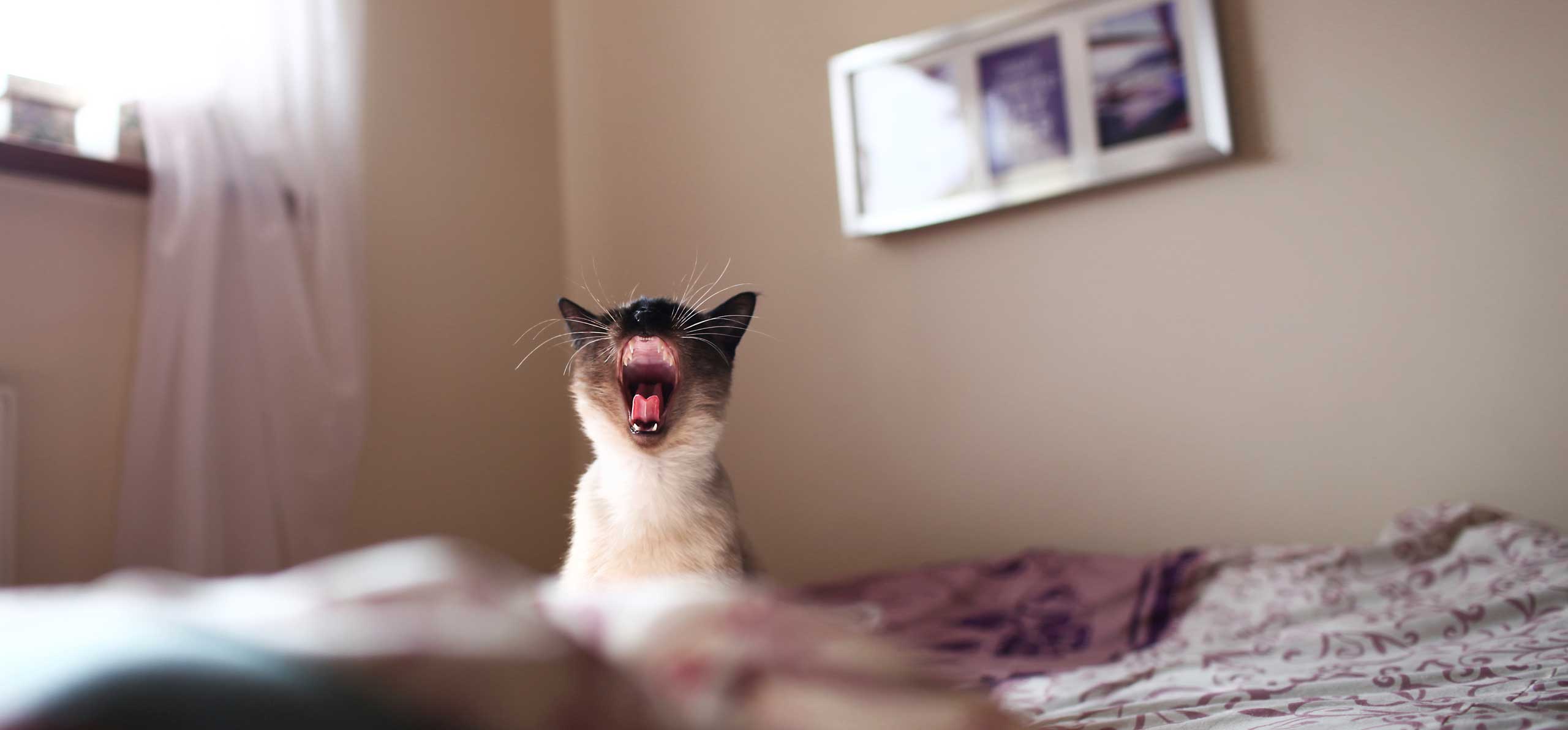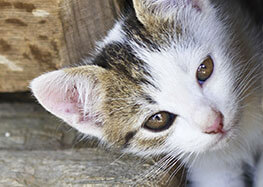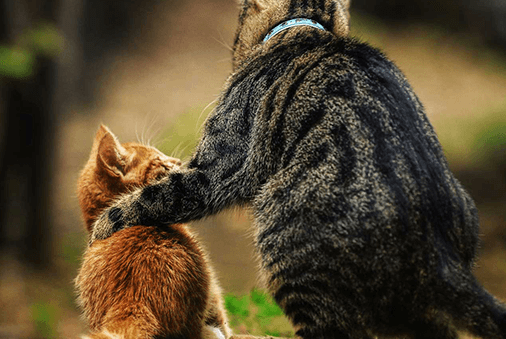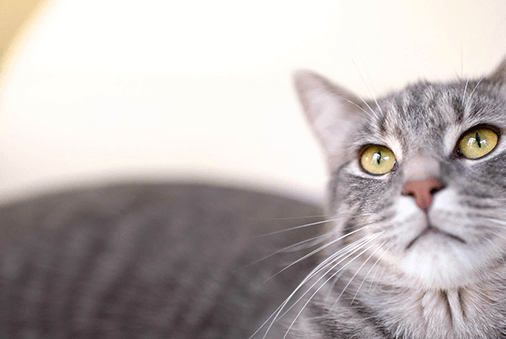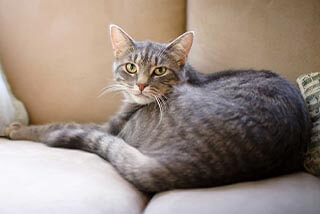Contrary to Mark Twain’s belief, cats have many ways of expressing themselves whether they purr, meow, howl or hiss — but what do they all mean?
Meows can simply be your feline’s way of saying “Hello” or, “I want your undivided attention.” Contrary to popular stereotype, many cats love being petted, played with and spoken to. Felines who go it alone all day are often highly vocal when their humans come home.
Of course, cats also meow when they need food; how else are they going to tell you they’re hungry? Don’t be surprised if your cat learns to mew the minute you enter the kitchen, especially in the morning when they anticipate breakfast.
If your cat’s meow isn’t just manipulative to get food or attention, assume she needs something else. Is her litter box clean and within easy reach? Does she have enough drinking water? Be sure her basic needs are met before trying to translate what she wants.
Bit bored (just sayin’)
Maybe your cat needs a change of scenery? Felines who’ve ventured outside may quickly learn to meow at doors hoping to get out and in again. That’s when a cat door is a nice “honey-do” project so your feline can come and go on her own, although the ASPCA does recommend keeping cats indoors to protect them from diseases, dangerous wildlife and traffic.
If your cat has journeyed outside, and liked it, be prepared for lots of meowing at windows and doors if you’ve stopped catering to her wanderlust. In that case, you may want to try an outdoor enclosure so she can stay as safe as possible when you do let her out.
Nocturnal noisemaking
Mournful mewing may be a sign of anxiety and can become a problem if your cat amps it up at inopportune times (hint: bedtime).
If your cat’s a night owl whose moonlight meowing interferes with your beauty rest, try increasing her activity with some pre-bed playtime to tucker her out. Dangling and wiggling toys that mimic real mice and birds, or ping pong balls, make great exercise props for cats who think they’re dogs and like to “fetch.”
Also, like us, cats can get sleepy after a big meal so try feeding her a late-night snack just before bedtime.
Quieting “Chatty Catty”
Before you try to stop extreme meowing, uncover the cause. Look for patterns when your cat is more vocal and what causes her to stop.
If the meowing ends when she receives attention, try breaking this habit by ignoring her until she’s quiet; then, at that golden moment of silence, immediately bestow affection. If she starts vocalizing loudly again, walk away. Repeat this until she learns you won’t be rewarding noisy behavior.
If your cat’s alone a lot during the day and you feel that’s what increases her meowing at night, try getting a cat sitter for a few hours while you’re gone. Be sure plenty of favorite toys are around to keep your feline happy, as well.
To curb “meowing for meals,” establish and stick to a feeding schedule so she can learn when to expect food. Automatic feeders that open at pre-designated times can lessen between-meal meowing because they teach your cat exactly when dinner’s served.
Changing diets can sometimes cause cats to vocalize more. Ask your veterinarian about high-fiber or protein-rich foods that can help your cat feel satisfied even when portions are reduced.
In the screech of the night
Screeching “catcalls” are one way to find mates (and send chills up cat parents’ spines). Cats yowl to inform the opposite sex they’re available. If your female isn’t spayed yet and suddenly displays more affection, purring or howling, it might mean she’s in heat.
Her “heat wave” can last 3 to 10 days and continue as often as 10 to 14 day intervals throughout mating season (February through September in the Northern hemisphere) if she’s not bred. Indoor cats can even go into heat year ‘round.
In turn, male cats who aren’t neutered may incessantly meow and pace when they simply hear or smell a female in heat. To stop the “meyowling” and any unwanted kittens if you don’t intend on breeding, ask your vet about spaying or neutering your cat.
Under the weather
If your feline’s crying out non-stop for no apparent reason, bring her to the veterinarian to rule out any medical causes.
Elderly cats may develop overactive thyroid and kidney disease, which can elicit extreme meowing. They can also have a learning dysfunction or sensory deficiency that causes confusion, in which case their meowing may mean they’re disoriented or distressed.
Whatever the reason, never scold or strike your cat for being too chatty or loud. It may stop the behavior temporarily, but you don’t want your Best Furry Friend to be afraid of you — especially when her purring can actually be good for you.
Good Vibrations
The ancient Greeks did it. So did 16th Century Japan and even NASA. They all used vibration healing to treat everything from blood stagnation and bone loss, to joint pain and ulcers. Practitioners claim that vibrations within the 20-140 Hertz range are therapeutically beneficial.
Here’s where your cat and her “motor” come in. Did you know a cat’s purr vibrates within that same range? So keep laying on the love because, even if your cat’s purr isn’t a cure for what ails you, studies have determined petting is good for humans — not just furry family members.
No peeves about “petting”
Petting lovable fur balls helps:
- Lower stress
- Decrease breathing problems
- Reduce blood pressure
- Lower risk of heart attack*

